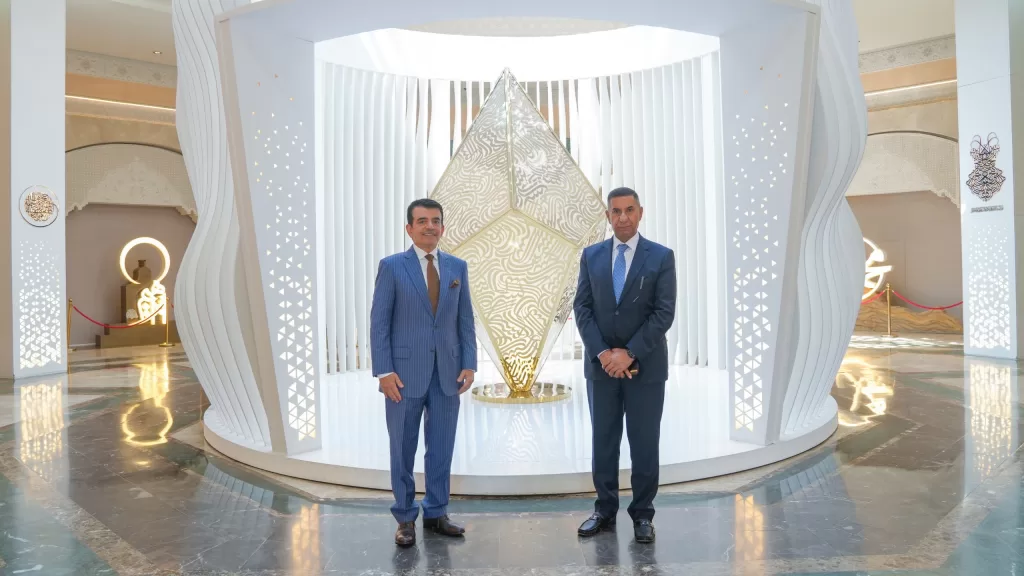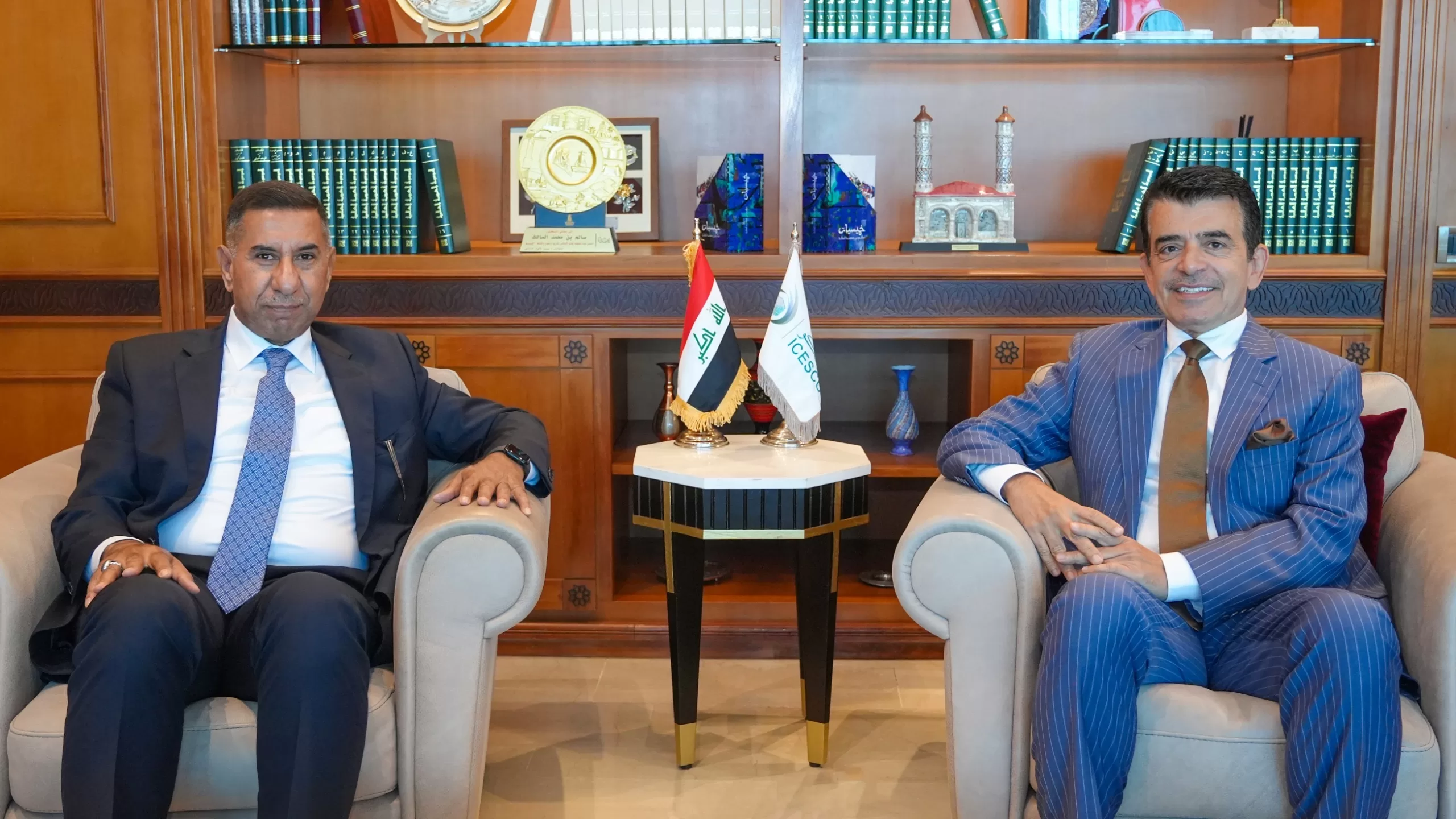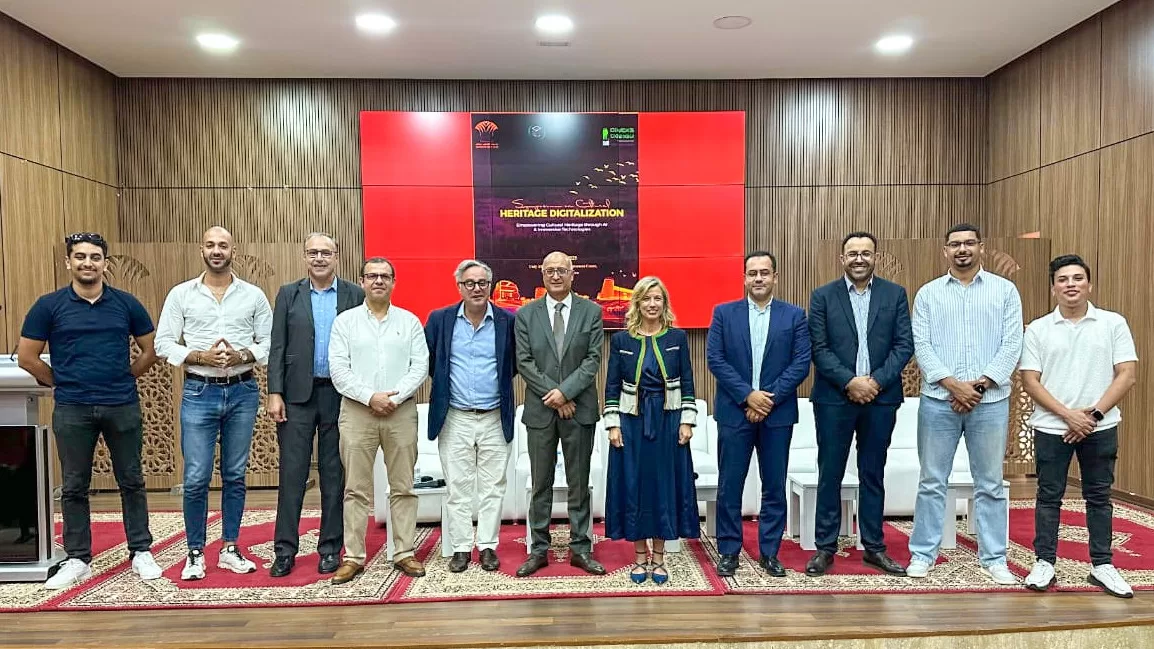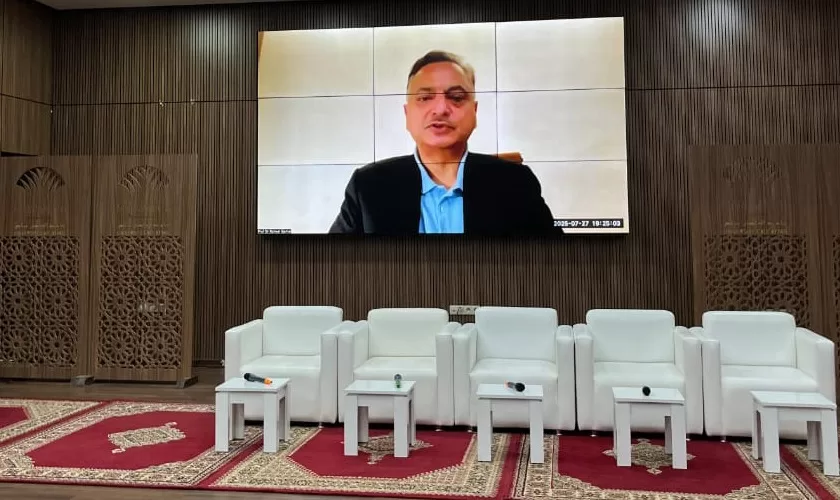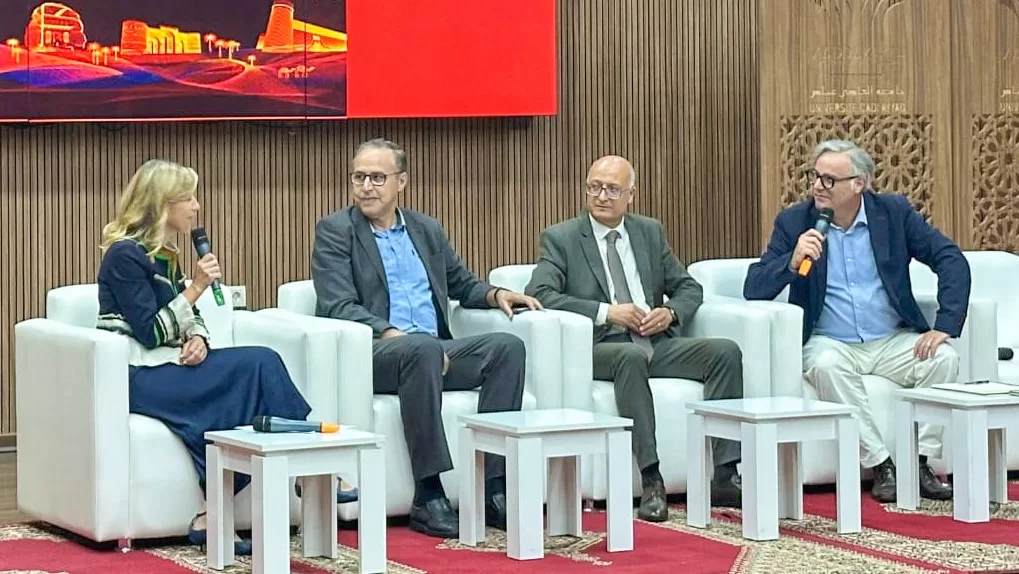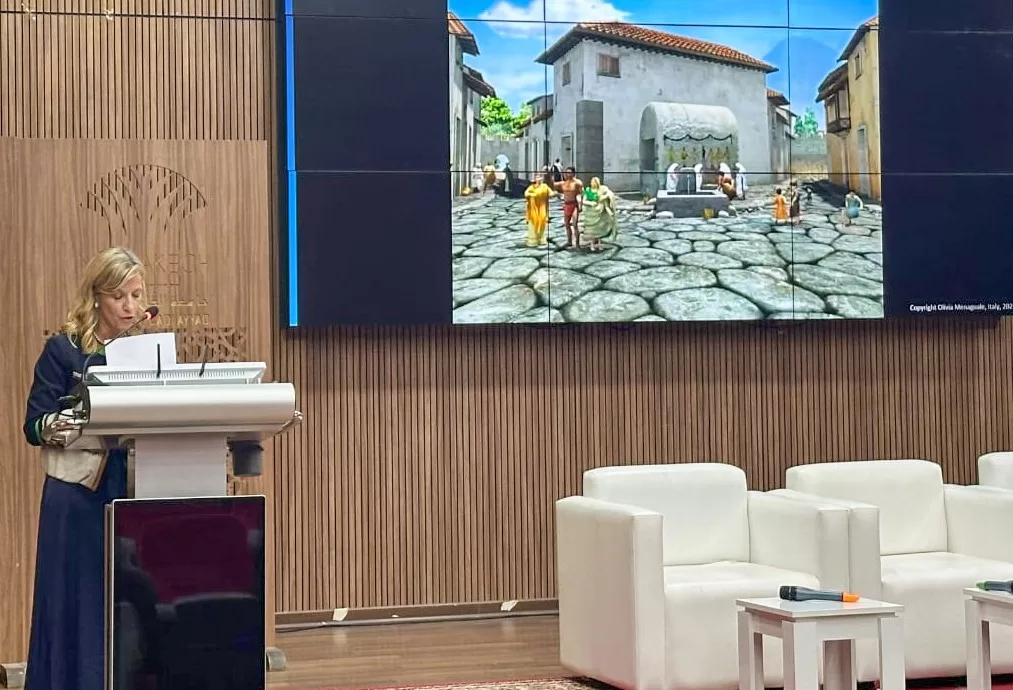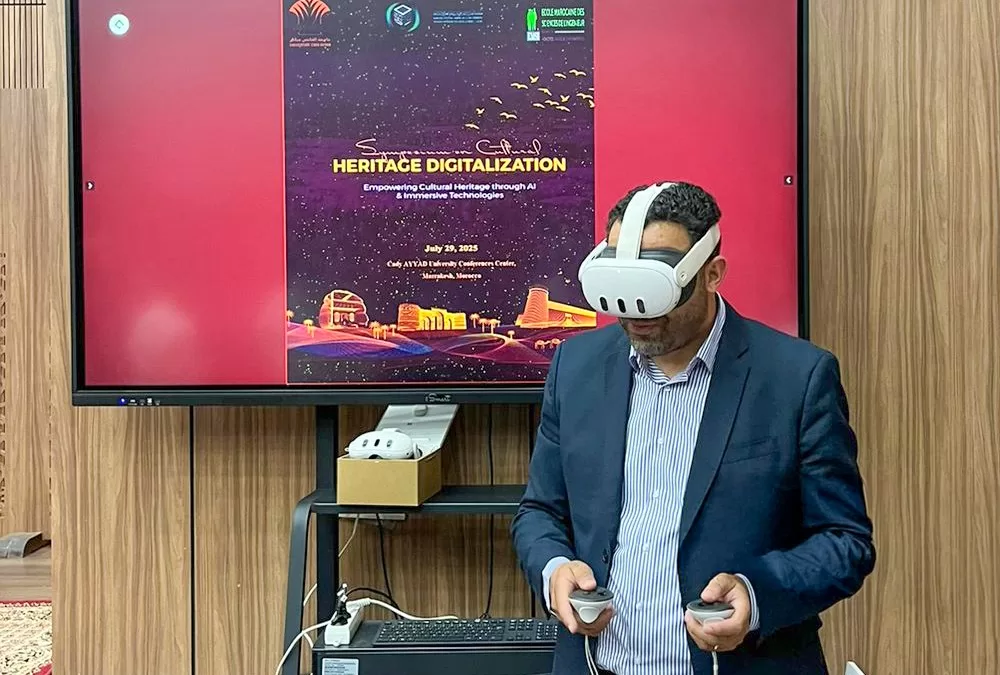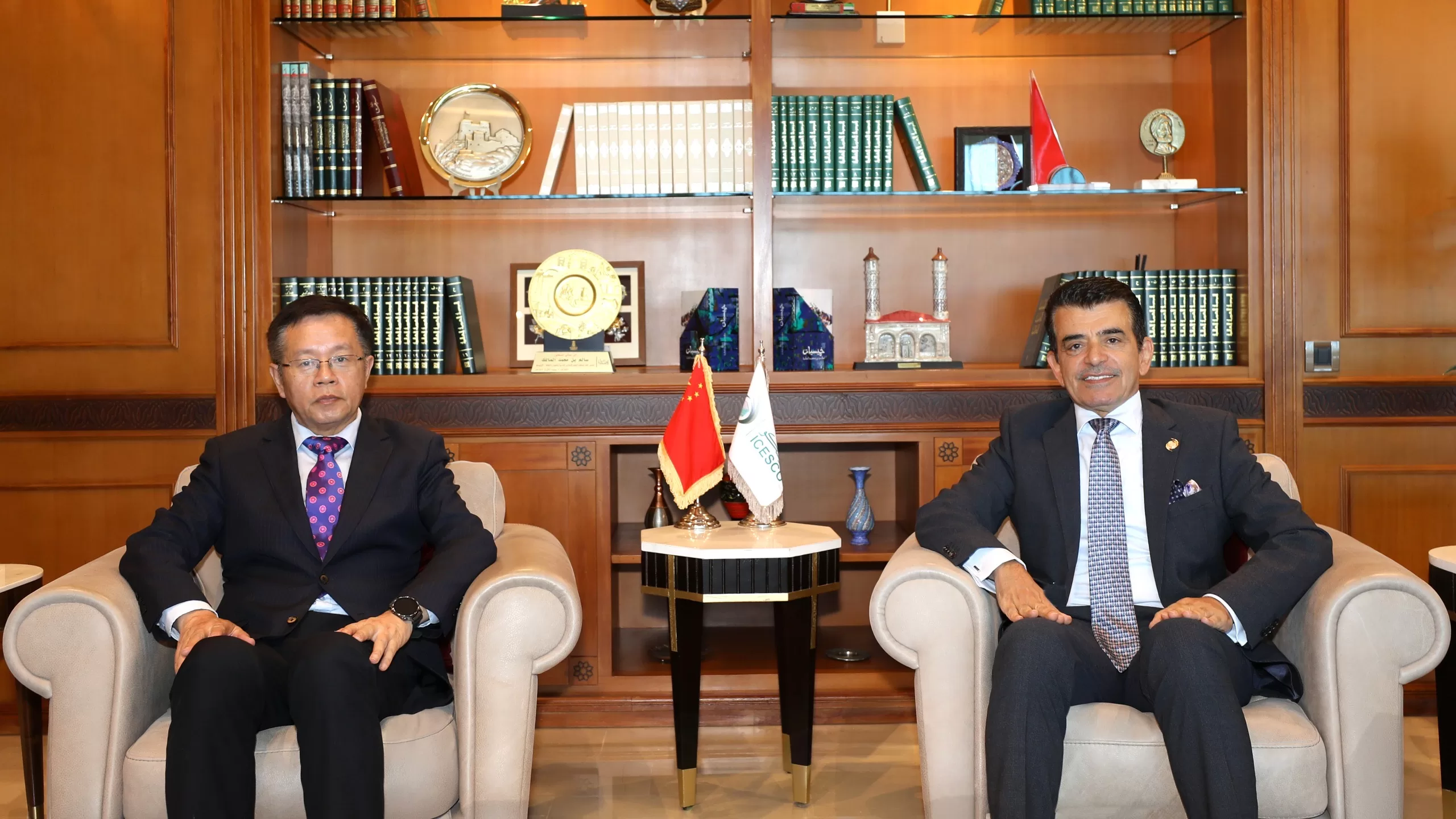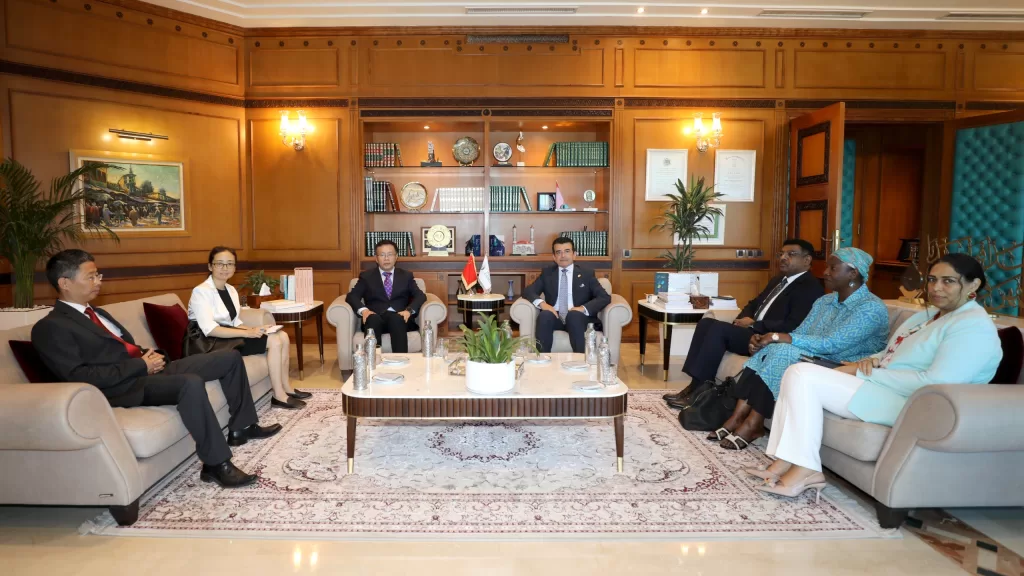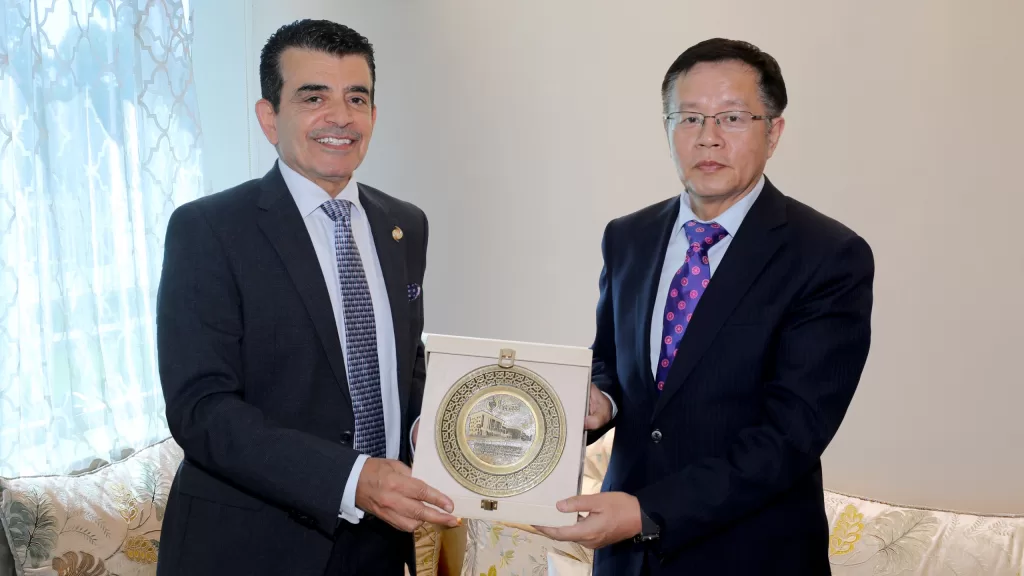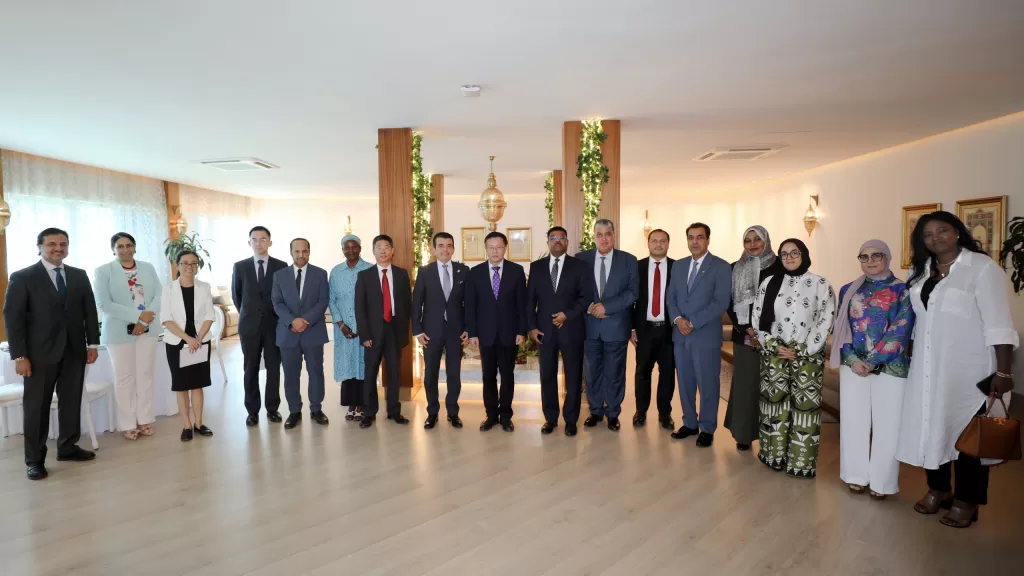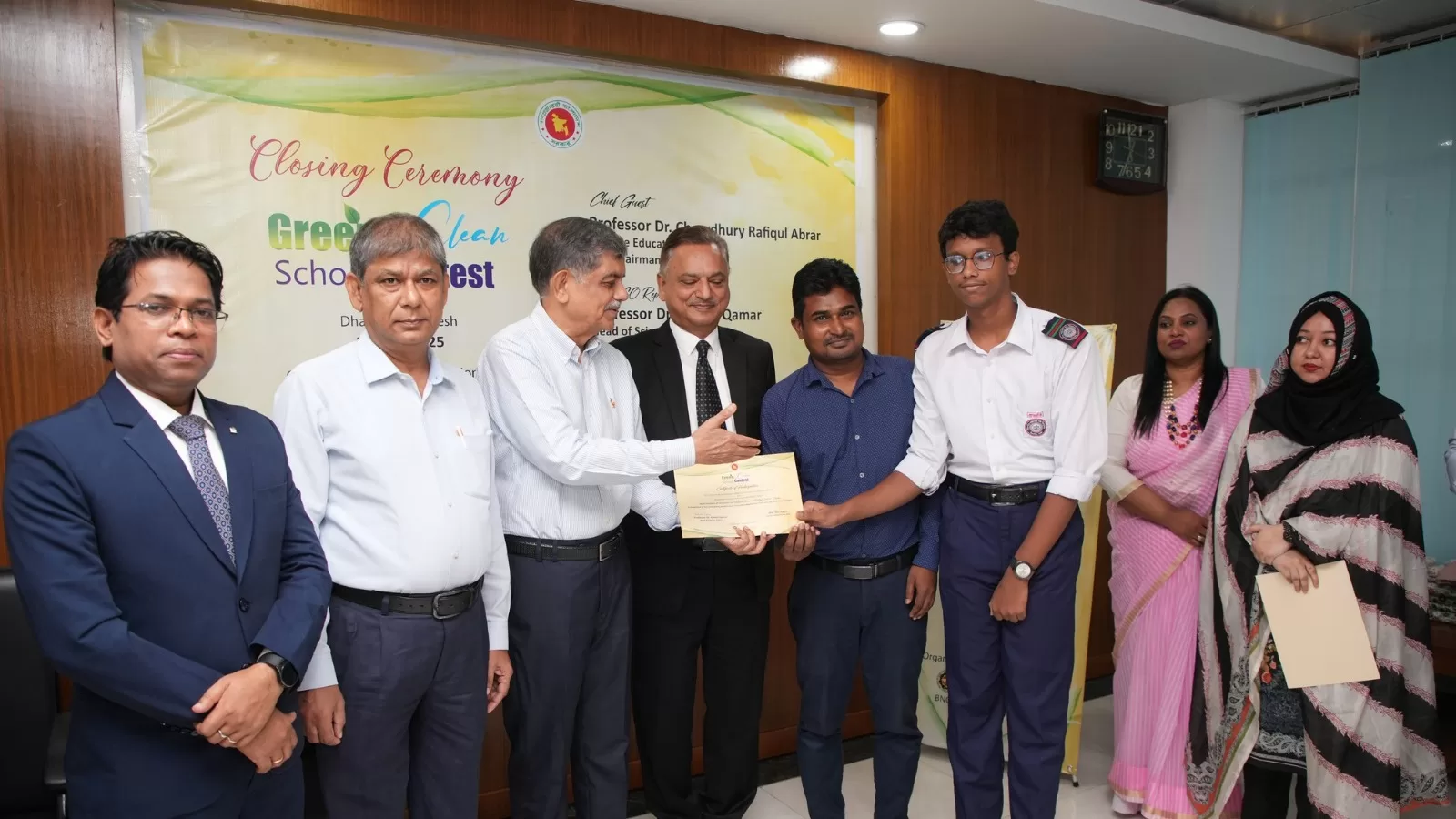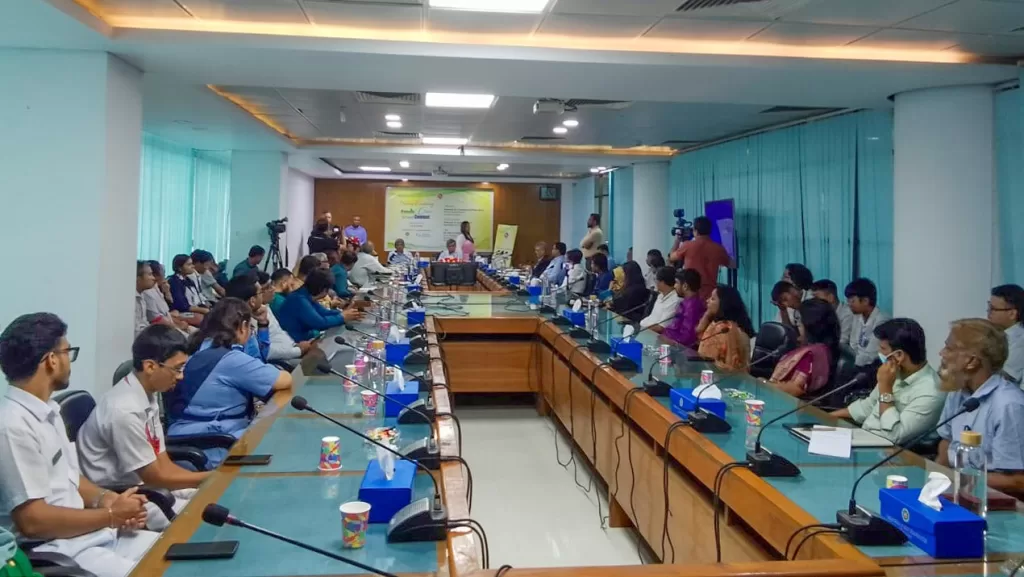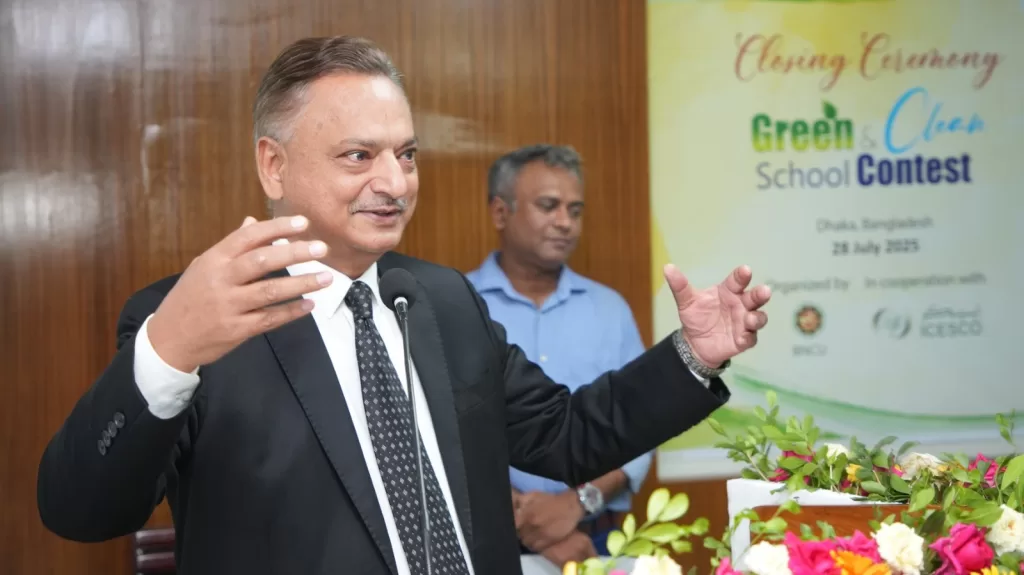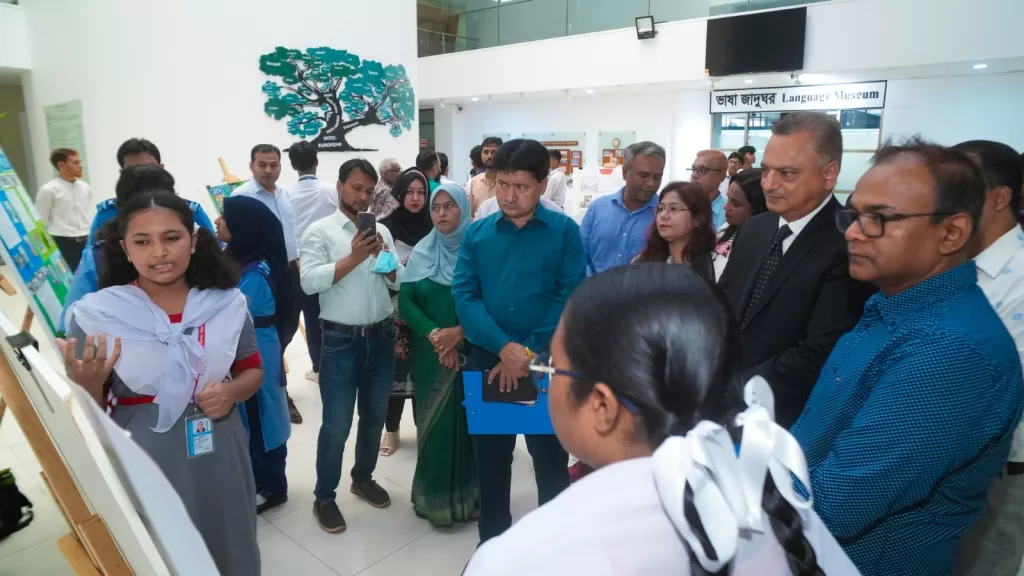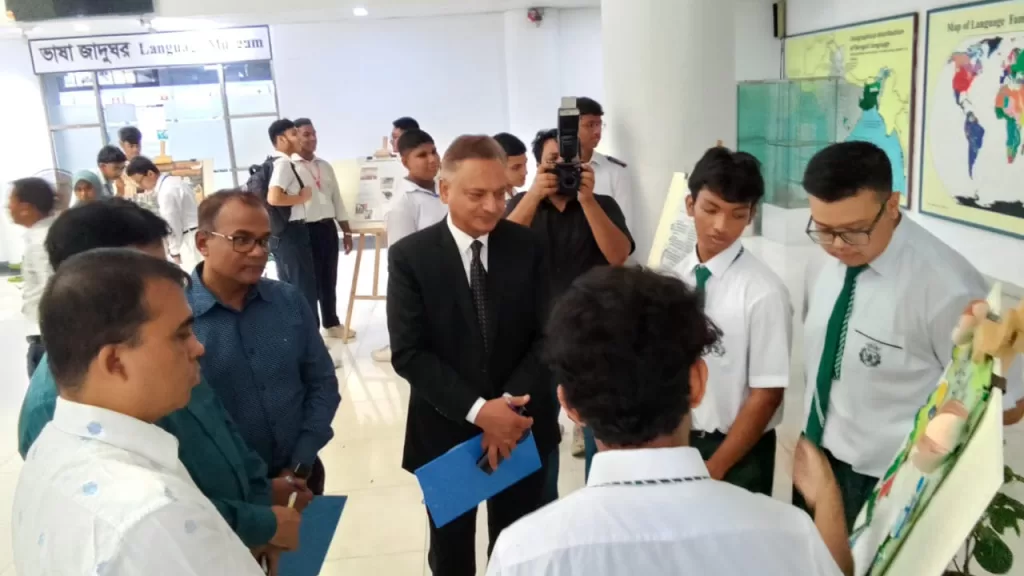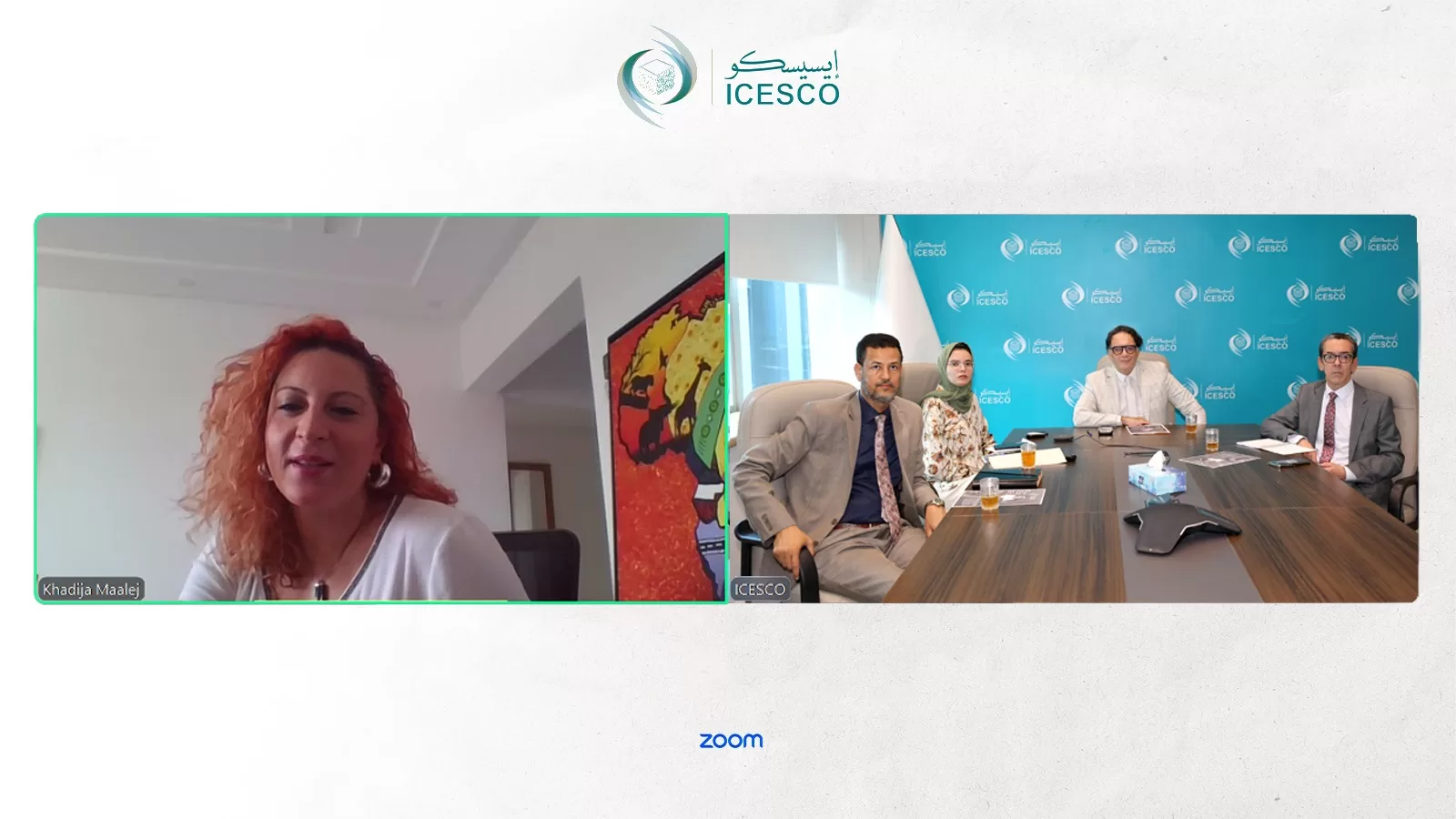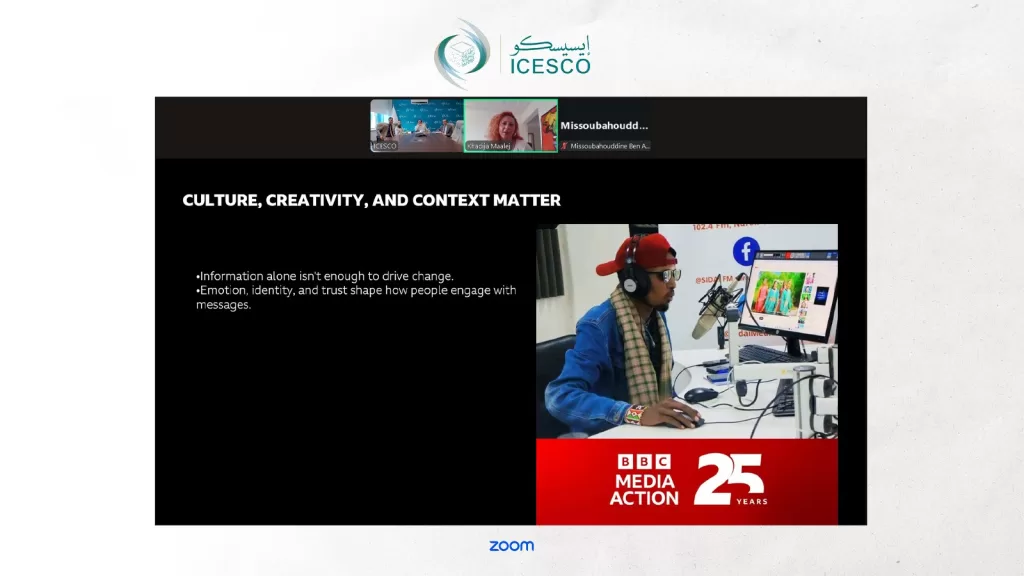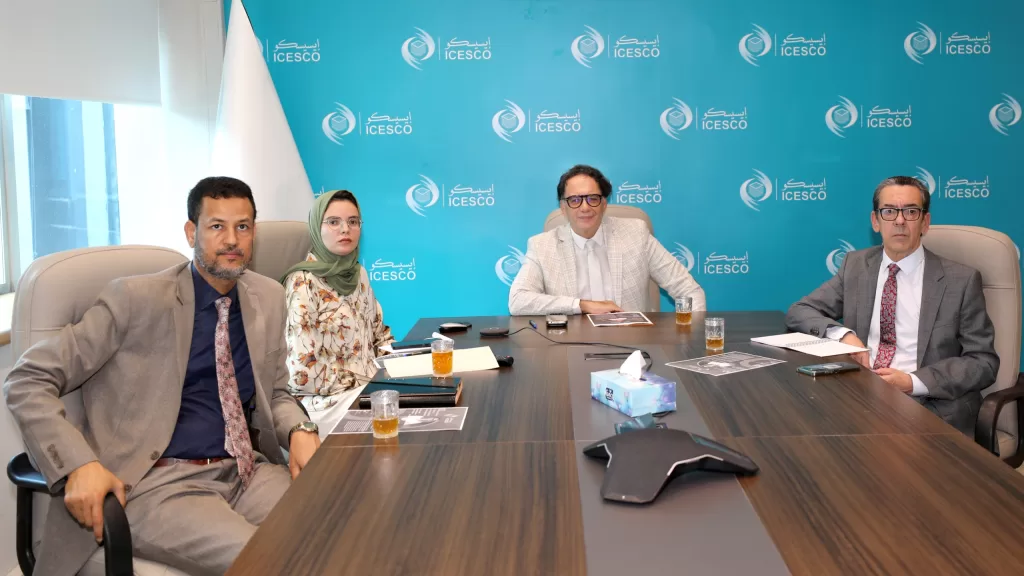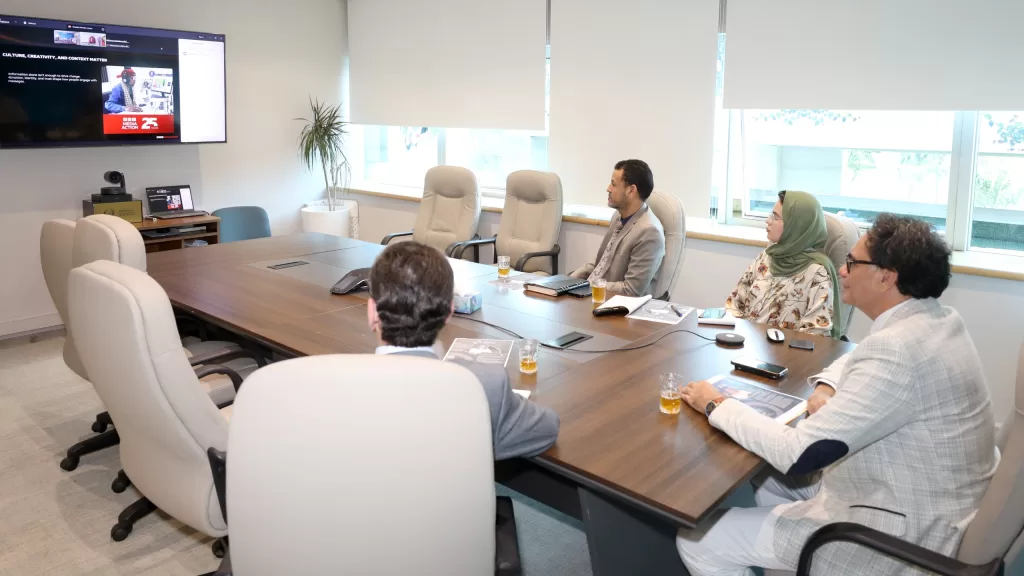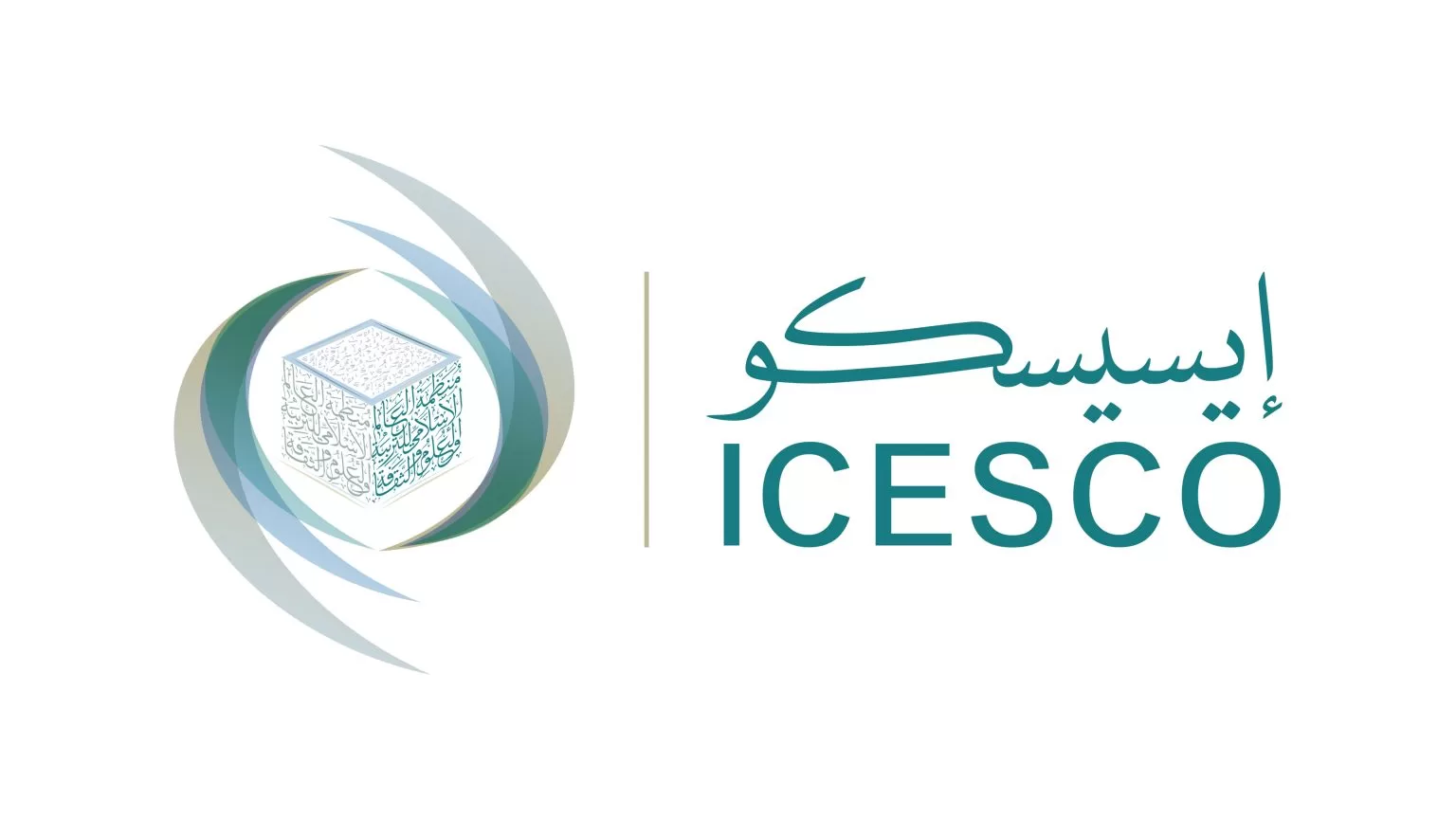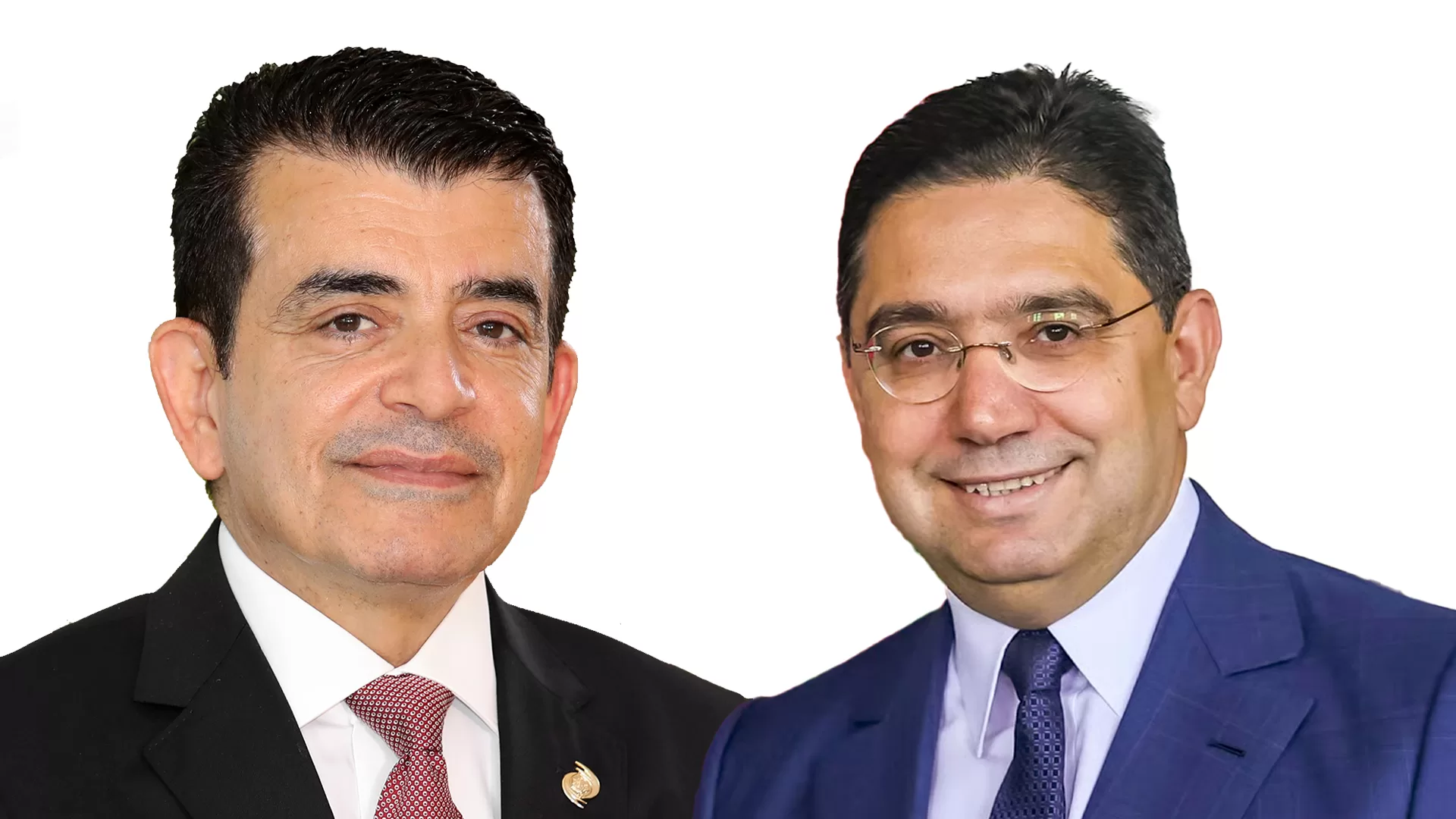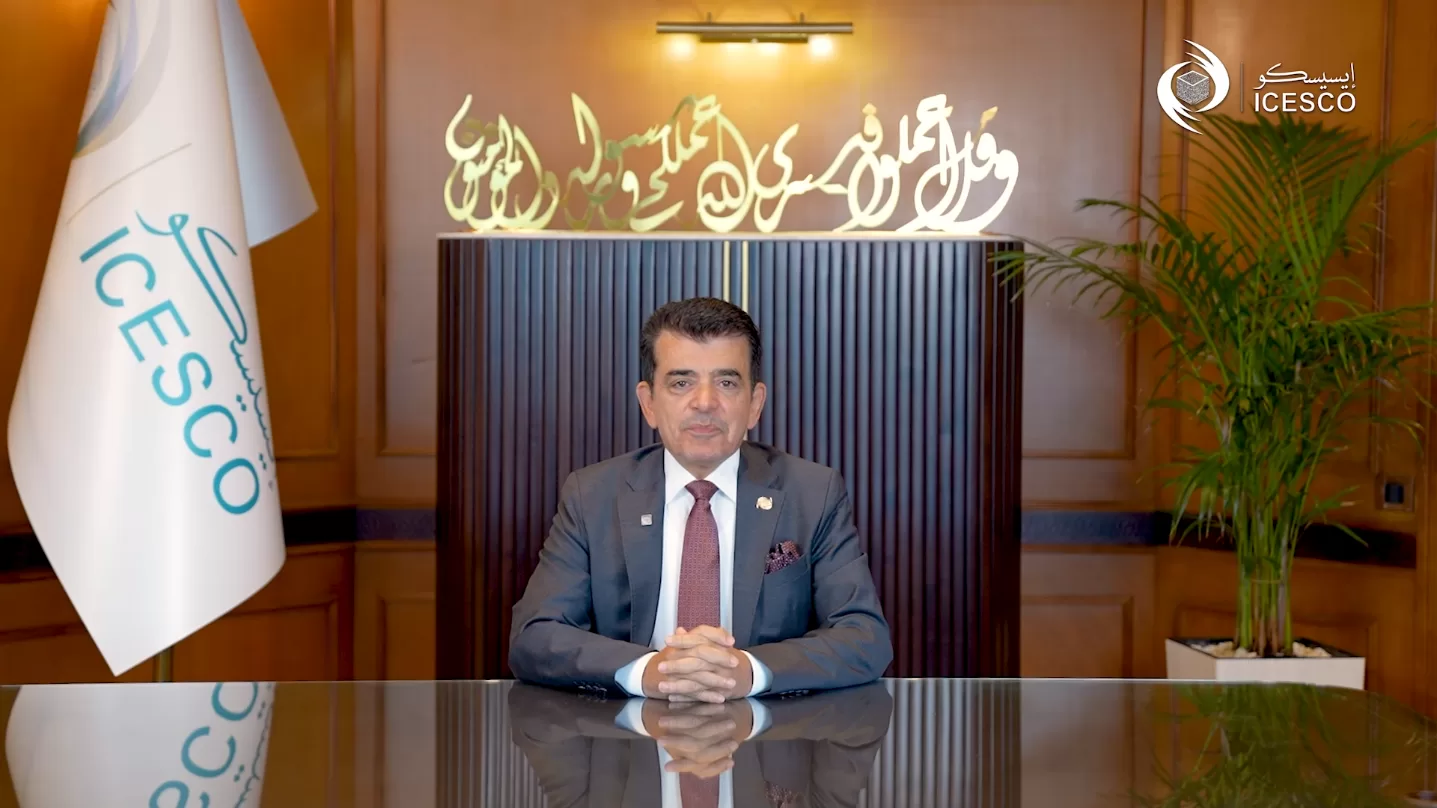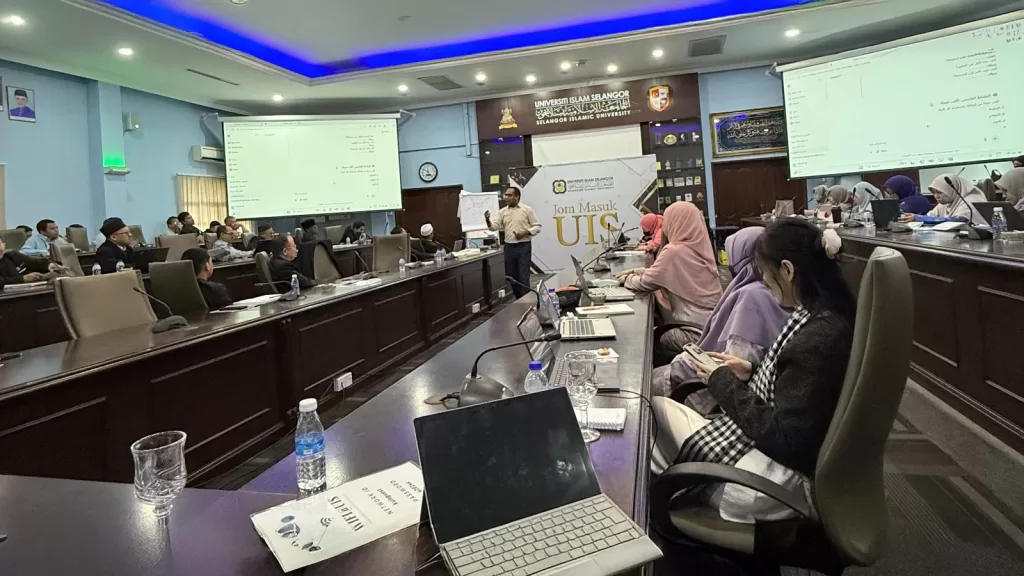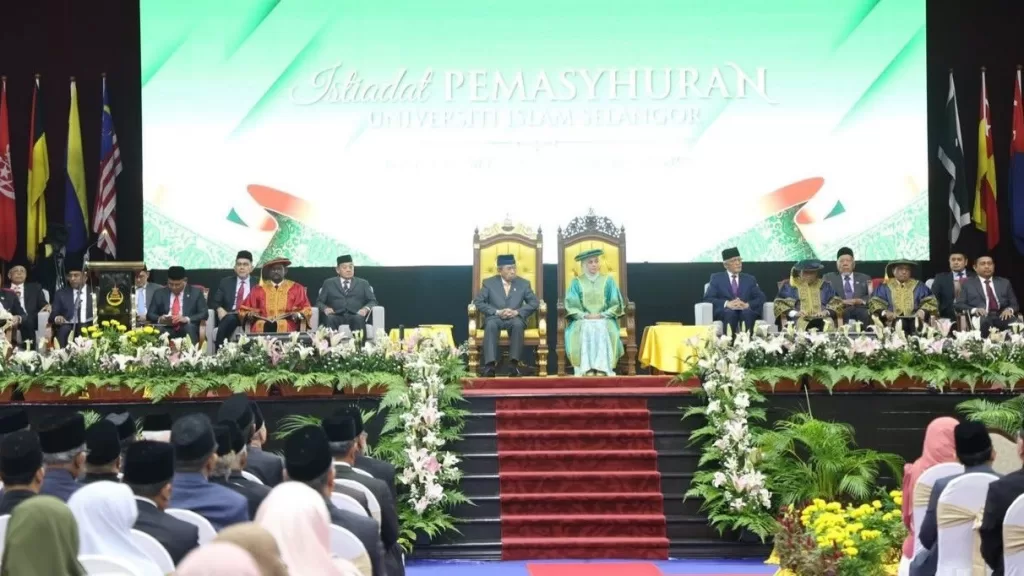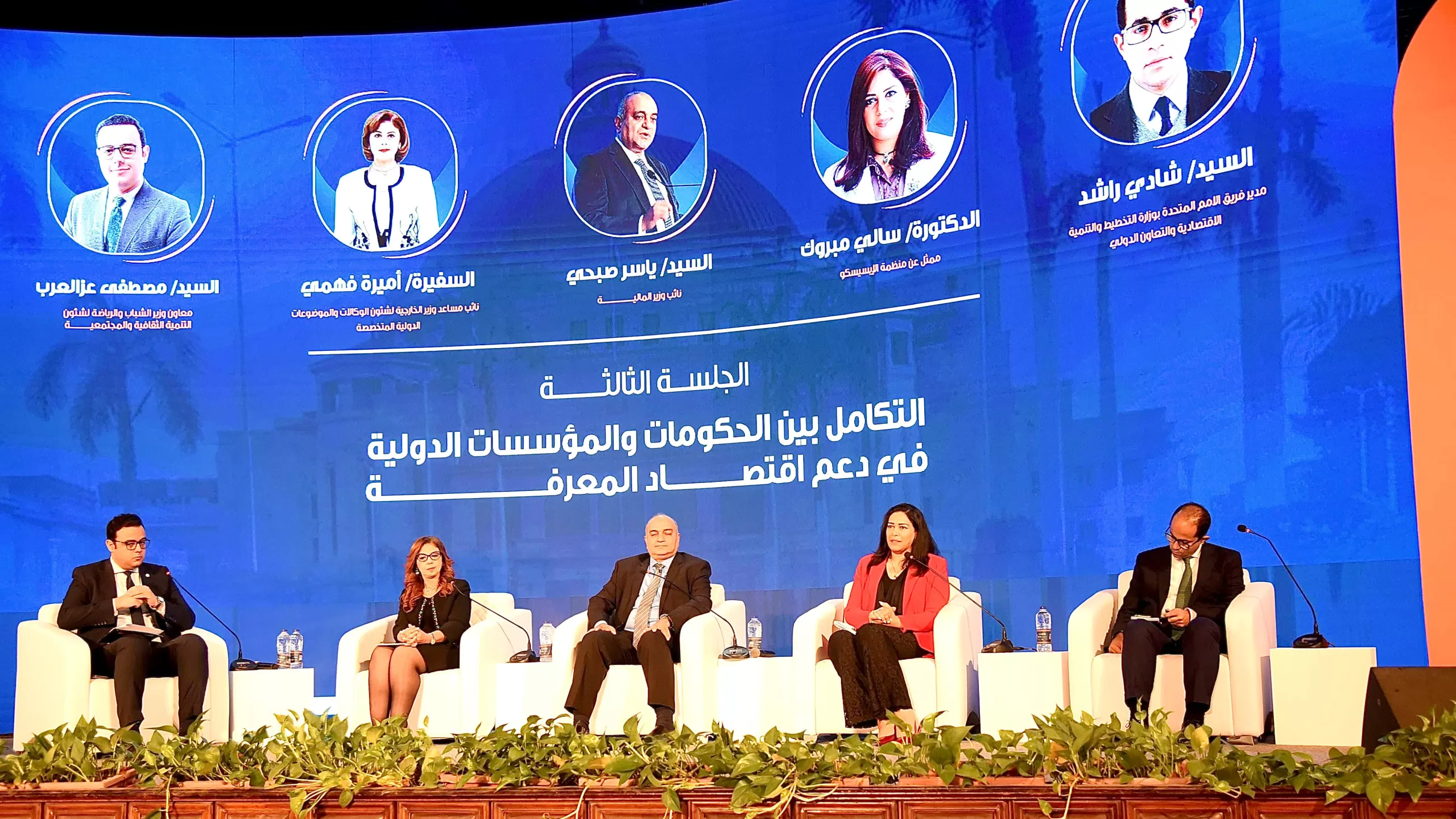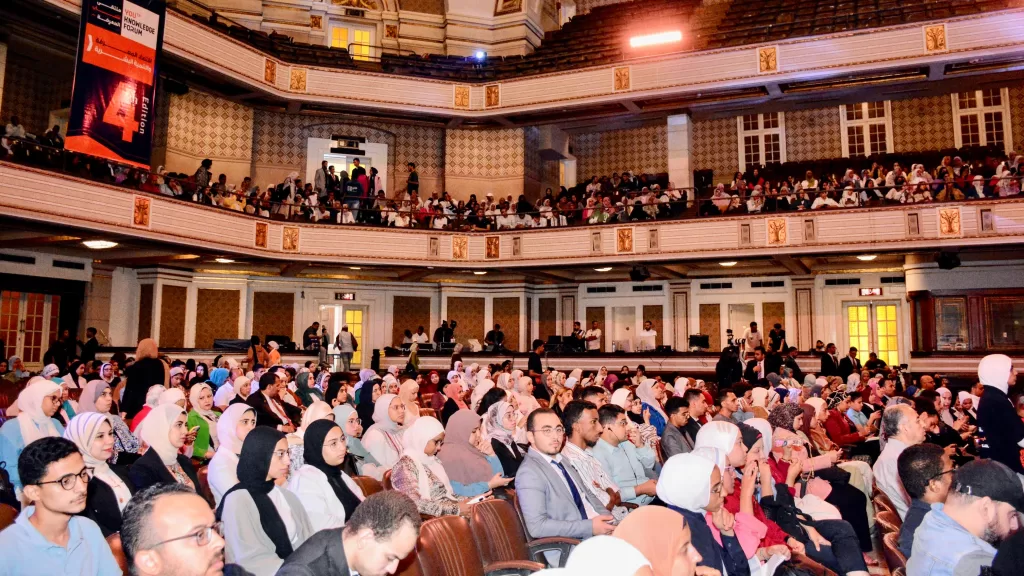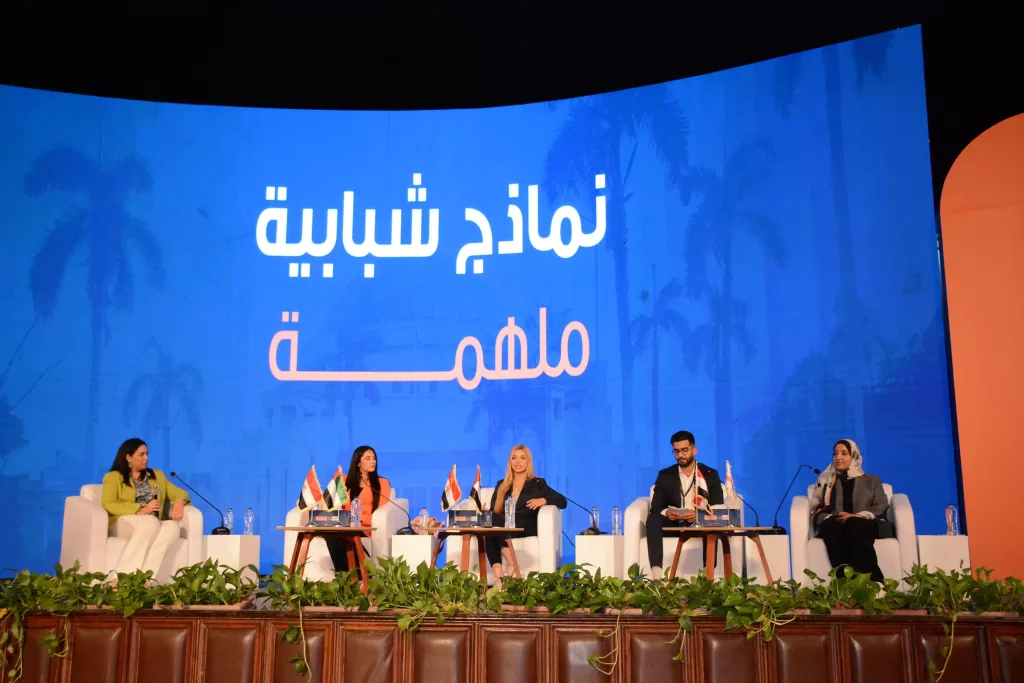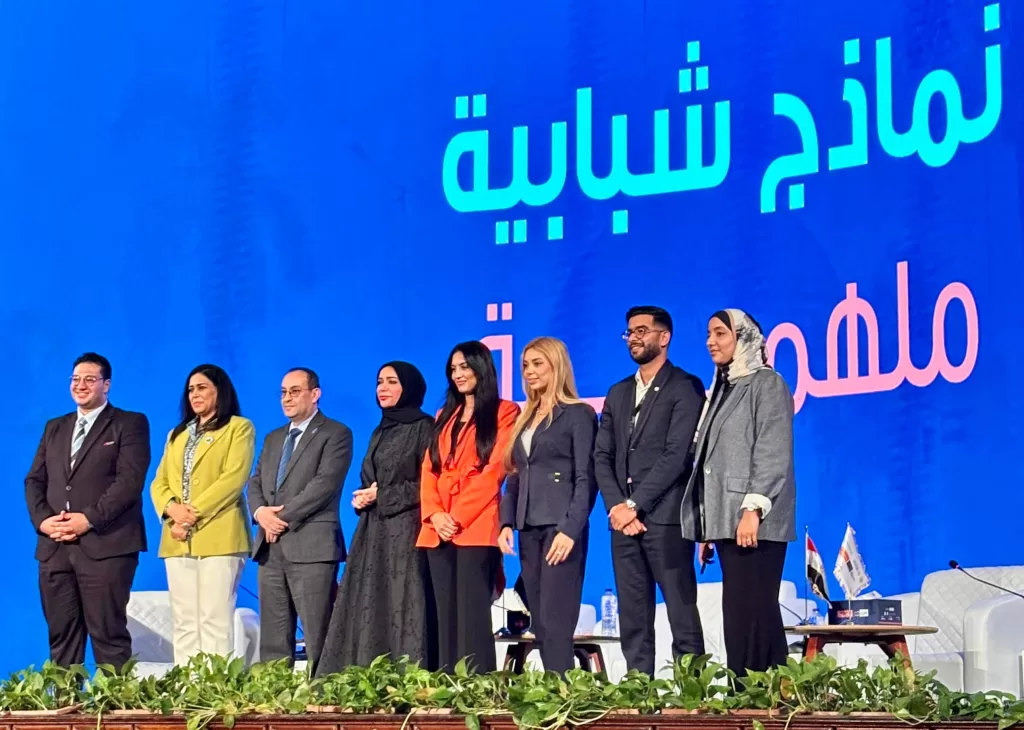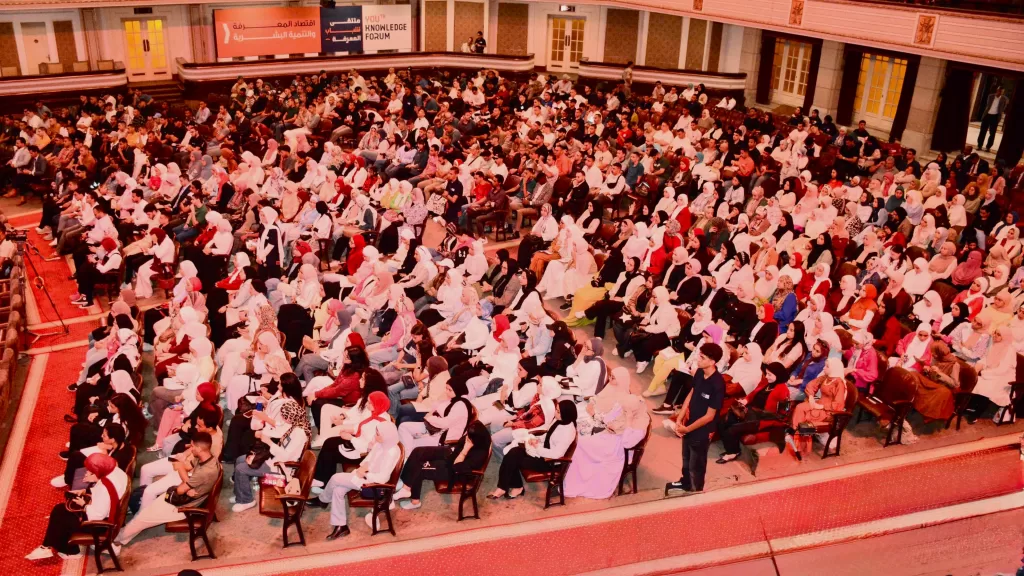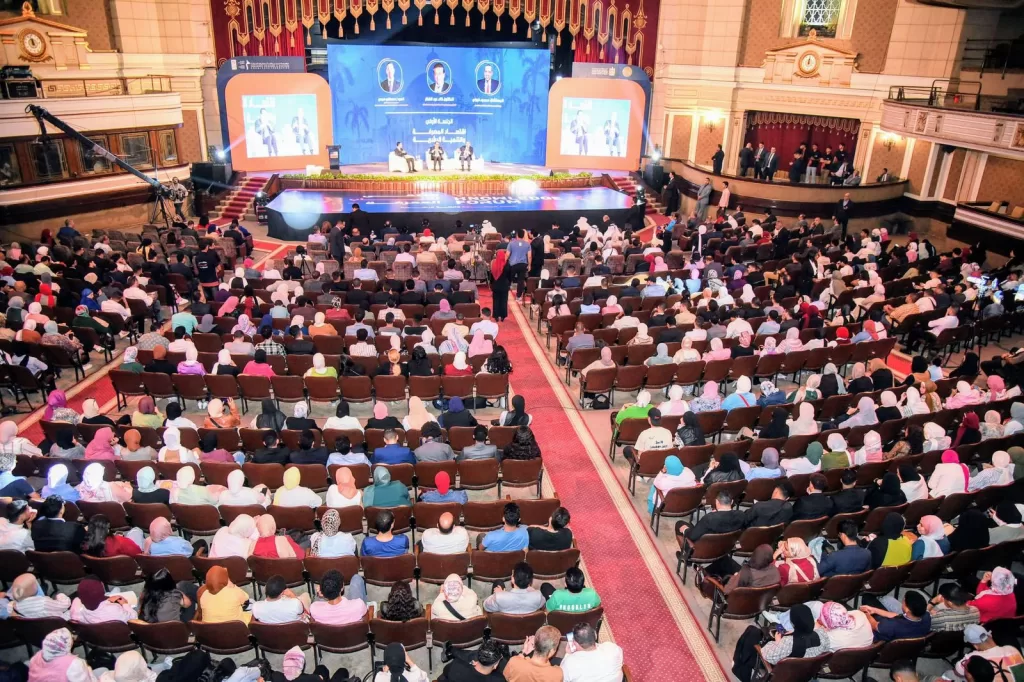Dr. Salim M. AlMalik, Director-General of the Islamic World Educational, Scientific, and Cultural Organization (ICESCO), received Ambassador Haider Shiaa Al-Barrak, the newly appointed Ambassador of the Republic of Iraq to the Kingdom of Morocco, on Thursday, 31 July 2025, at the Organization’s headquarters in Rabat, following the Ambassador’s assumption of his diplomatic duties in Morocco.
At the outset of the meeting, Dr. AlMalik welcomed the Iraqi Ambassador, congratulated him on his appointment, and wished him success in his mission. He also reviewed ICESCO’s mission, strategic objectives, and the qualitative developments witnessed in recent years. He emphasized ICESCO’s keenness to strengthen cooperation with Iraq and develop joint programs in the fields of education, science, and culture, lauding the solid partnership between the two parties.
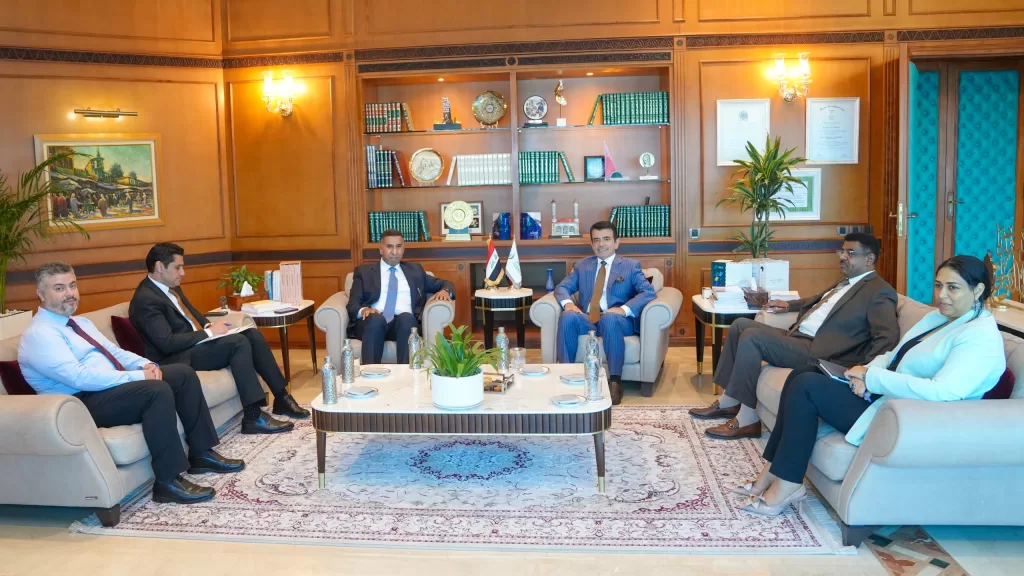
Dr. AlMalik reviewed the major milestones in ICESCO’s transformation, including its new organizational structure and name, program development, and the recruitment of distinguished competencies from various Member States to work within the Organization. He underscored that women represent nearly 50% of ICESCO’s leadership while youth constitute the majority of its staff, which has positively reflected on its performance and dynamism. He also commended the contributions of Iraqi staff working at ICESCO, praising their expertise and excellence.
Furthermore, Dr. AlMalik touched upon ICESCO’s efforts to integrate technological advancements and artificial intelligence into its programs, as well as the establishment of new specialized centers, including the Center for Calligraphy and Manuscripts, the Center of Arabic for Non-Arabic Speakers, the Center of Foresight and Artificial Intelligence, the Center of Poetry and Literature, the Center for Civilizational Dialogue, and the Heritage Center, which plays a key role in inscribing Member States’ historical sites on ICESCO’s Islamic World Heritage Lists, which now include over 724 historical sites and cultural elements.
Moreover, Dr. AlMalik shed light on his recent visit to Iraq, conducted in December 2022, during which he participated in the sixth edition of the Ancient Civilizations Forum and met with several high-ranking officials, including the President and the Prime Minister. He described the visit as fruitful and constructive, expressing his keenness to revisit Iraq, especially with the proclamation of Baghdad as the Culture Capital in the Islamic World for 2026 under ICESCO’s Culture Capitals Program.
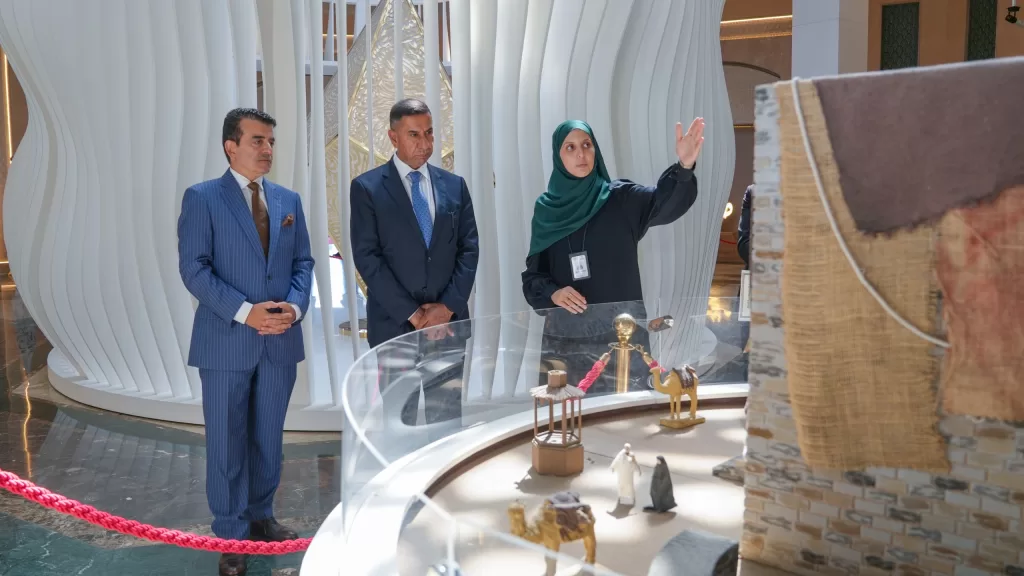
For his part, Ambassador Al-Barrak expressed his gratitude for the warm reception and praised the qualitative leap achieved by ICESCO, as well as its civilizational role in serving the Islamic world and enhancing its positive image on the international stage.
The Iraqi Ambassador affirmed his country’s keenness to further strengthen cooperation with ICESCO and develop bilateral projects in areas of mutual interest. He expressed pride in the presence of active Iraqi staff within the Organization and Iraq’s readiness to provide ICESCO with more national expertise in its areas of competence.
Ambassador Al-Barrak also highlighted Iraq’s interest in having several of its archaeological sites included on ICESCO’s Heritage List. He praised the Organization’s response to the Iraqi government’s request in this regard, submitted last February, as well as its efforts in this area.
At the end of the meeting, the Director-General of ICESCO accompanied his guest on a guided tour of the International Exhibition and Museum of the Prophet’s Seerah and Islamic Civilization at the Organization’s headquarters. The Iraqi Ambassador had the opportunity to tour the exhibition, which uses modern interactive techniques to highlight the Seerah of the Prophet.
